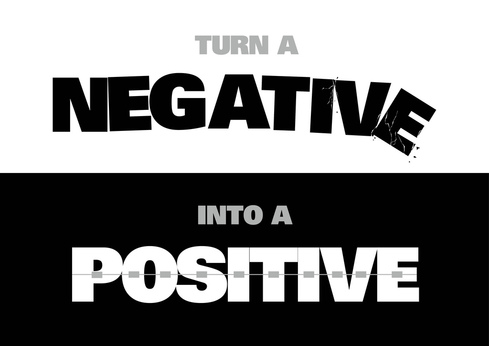
Humor and attitude are a big part of learning, retention and getting a full return on your educational investments. :)
Read about some ways that students lighten things up during training.
Also learn a few tips on staying present and getting more out of your time in training.
When you attend trainings, you invest time and money... money comes and goes... but time is one thing you will never get back. Make the most of every minute of your life.
Learn, have fun, and apply your lessons to your life and to your career.
Here's the link: http://mlhealthsafety.blogspot.com/
Let us know what you think.
And remember to SMILE!



 RSS Feed
RSS Feed